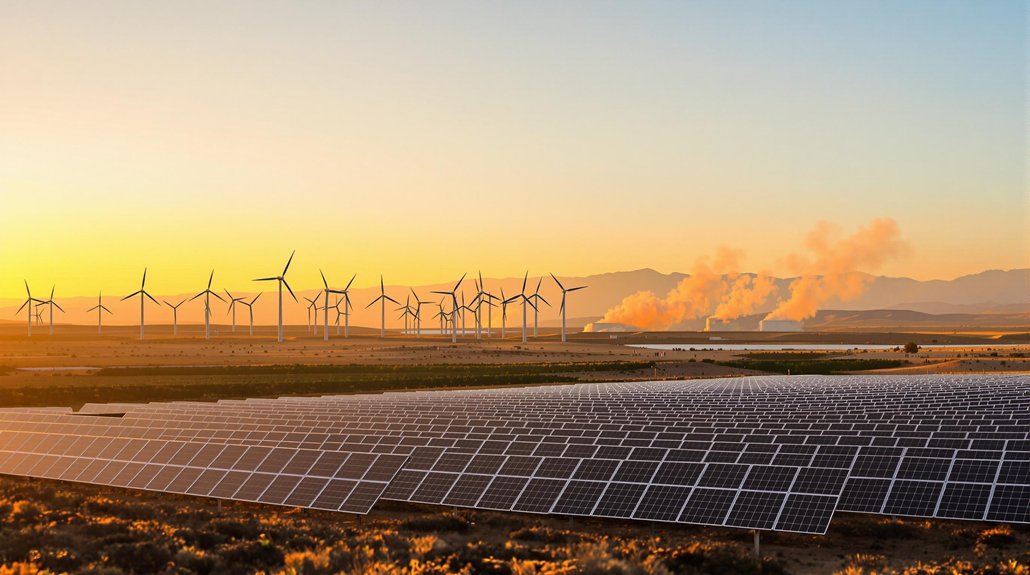Senator Maria Reynolds slammed President Trump’s recent solar policy changes as a direct attack on America’s clean energy future. Her criticism follows the signing of One Big Beautiful Bill (OBBB) on July 4, 2025, which ends the federal solar tax credit for residential systems after December 31, 2025.
Trump’s solar tax credit cuts undermine America’s renewable energy progress and burden everyday families.
“This is a $7 billion grab that hurts everyday Americans trying to lower their energy bills,” Reynolds said during a press conference yesterday. She pointed out that eliminating the 25D tax credit will make solar panels too expensive for many families, especially those in low-income communities.
The OBBB is part of a broader policy shift to reduce federal support for renewable energy while boosting fossil fuels. This shift aligns with the interests of major oil companies that are scaling back investments in renewable projects to focus on traditional drilling. An Executive Order issued in July 2025 mandates rapid removal of subsidies for wind and solar energy across federal programs.
The Trump administration justifies these changes by describing solar and wind as “unreliable, foreign-controlled energy sources.” Officials claim the policy aims to reduce dependence on supply chains dominated by China and promote U.S. manufacturing instead. SEIA has presented a detailed policy agenda aimed at eliminating dependence on China while simultaneously strengthening domestic solar manufacturing.
Industry experts warn that ending the tax credit will slow solar adoption nationwide. Data shows the U.S. solar industry grew by 128% during Trump’s first term, reaching 100 gigawatts of installed capacity. This growth is now threatened.
The impact could be especially harsh in disadvantaged communities, where solar adoption programs rely heavily on federal incentives to make installations affordable. Without these subsidies, the long-term electricity savings that benefit cash-strapped families become unattainable.
The solar industry, which spans 43 states with over 100 manufacturing plants, faces potential job losses in installation, manufacturing, and support services. The Solar Energy Industries Association (SEIA) warns that the U.S. could lose its position as the second-largest global solar market.
Senator Reynolds has vowed to fight the measure, arguing that “transitional subsidies are critical for energy accessibility in underserved communities.” She’s currently working with colleagues to introduce legislation that would extend the solar tax credit through 2030. While the 25D credit for homeowners will expire, the 48E tax credit for third-party owned systems will remain available until the end of 2027.
References
- https://www.solar.com/learn/trump-and-the-fate-of-the-30-solar-tax-credit/
- https://seia.org/news/solar-and-storage-industry-pushes-policy-agenda-for-trump-administration-new-congress-to-strengthen-american-energy-leadership/
- https://www.whitehouse.gov/presidential-actions/2025/07/ending-market-distorting-subsidies-for-unreliable-foreign‑controlled-energy-sources/
- https://www.mvalaw.com/news-12056
- https://www.whitehouse.gov/presidential-actions/2025/01/unleashing-american-energy/








